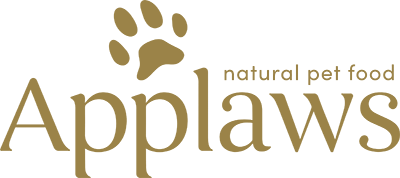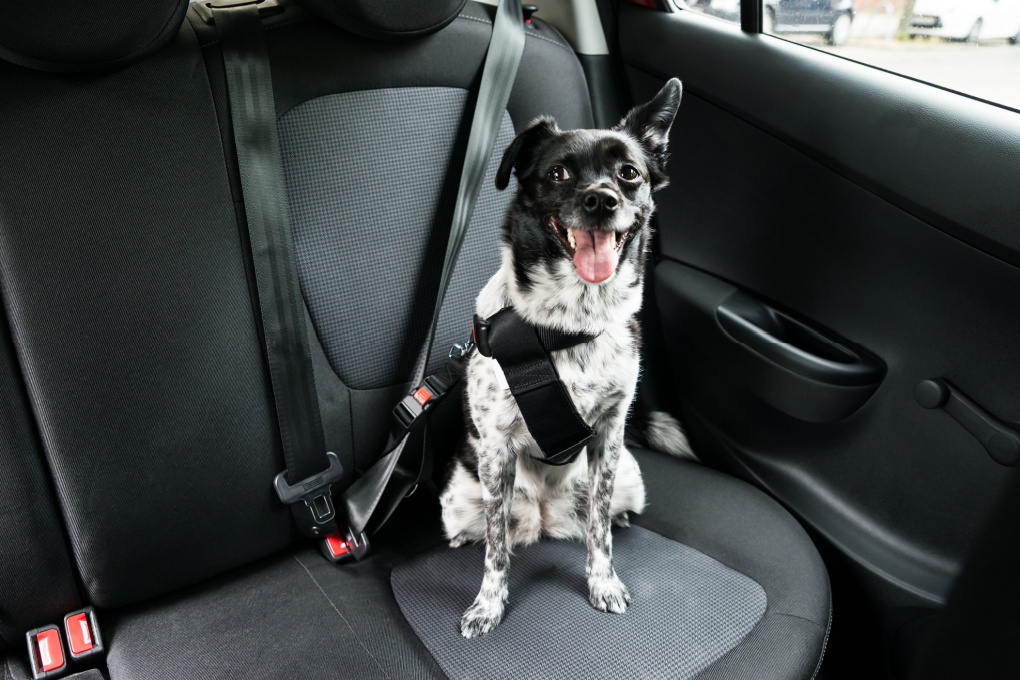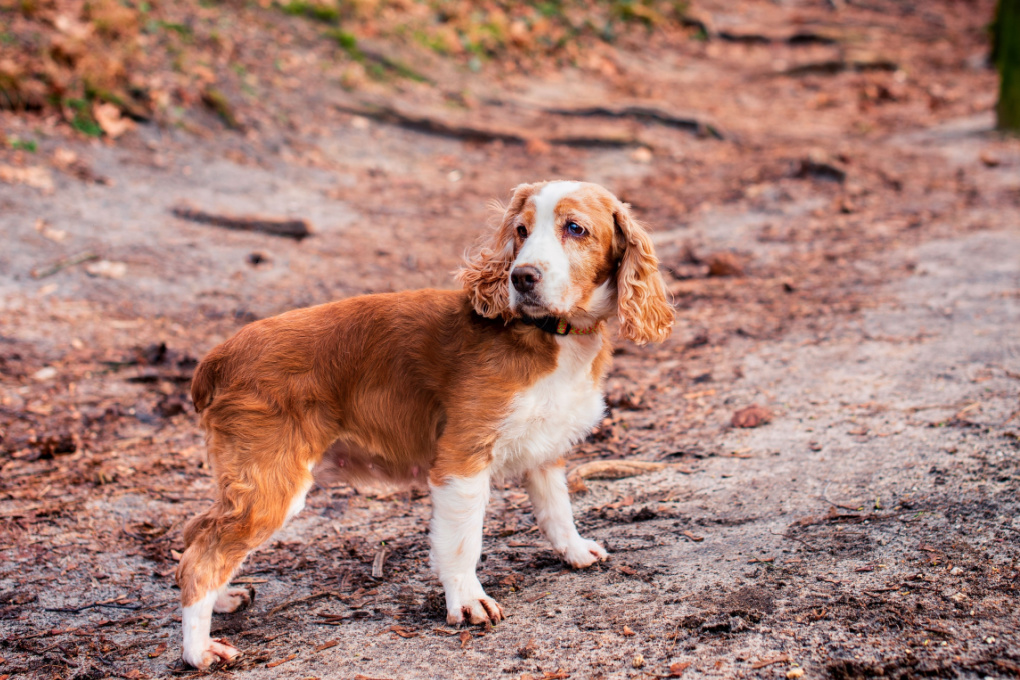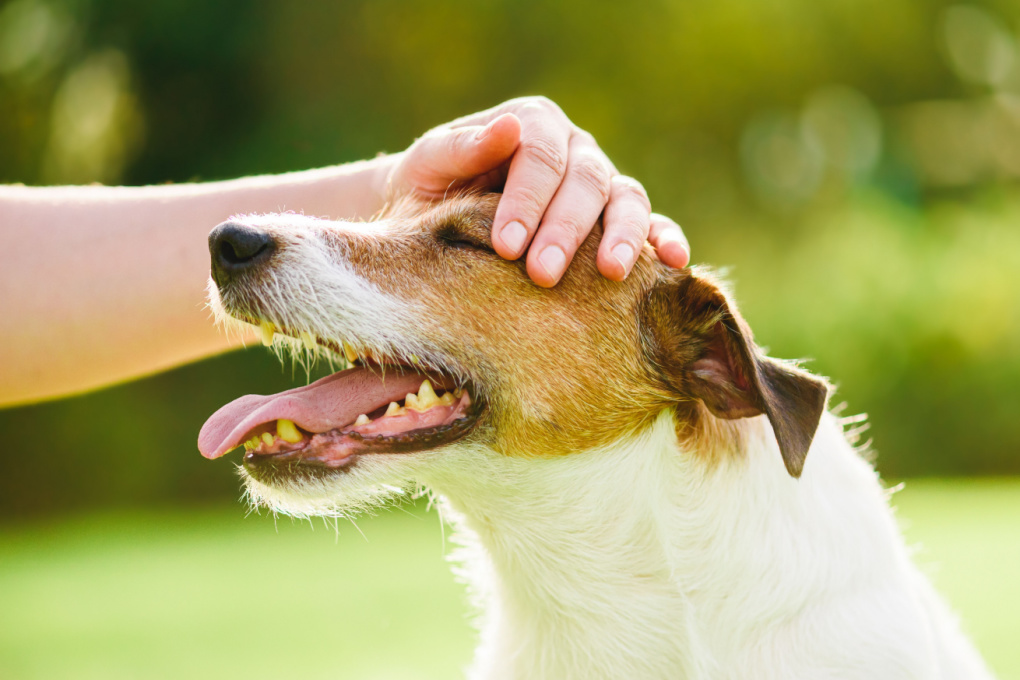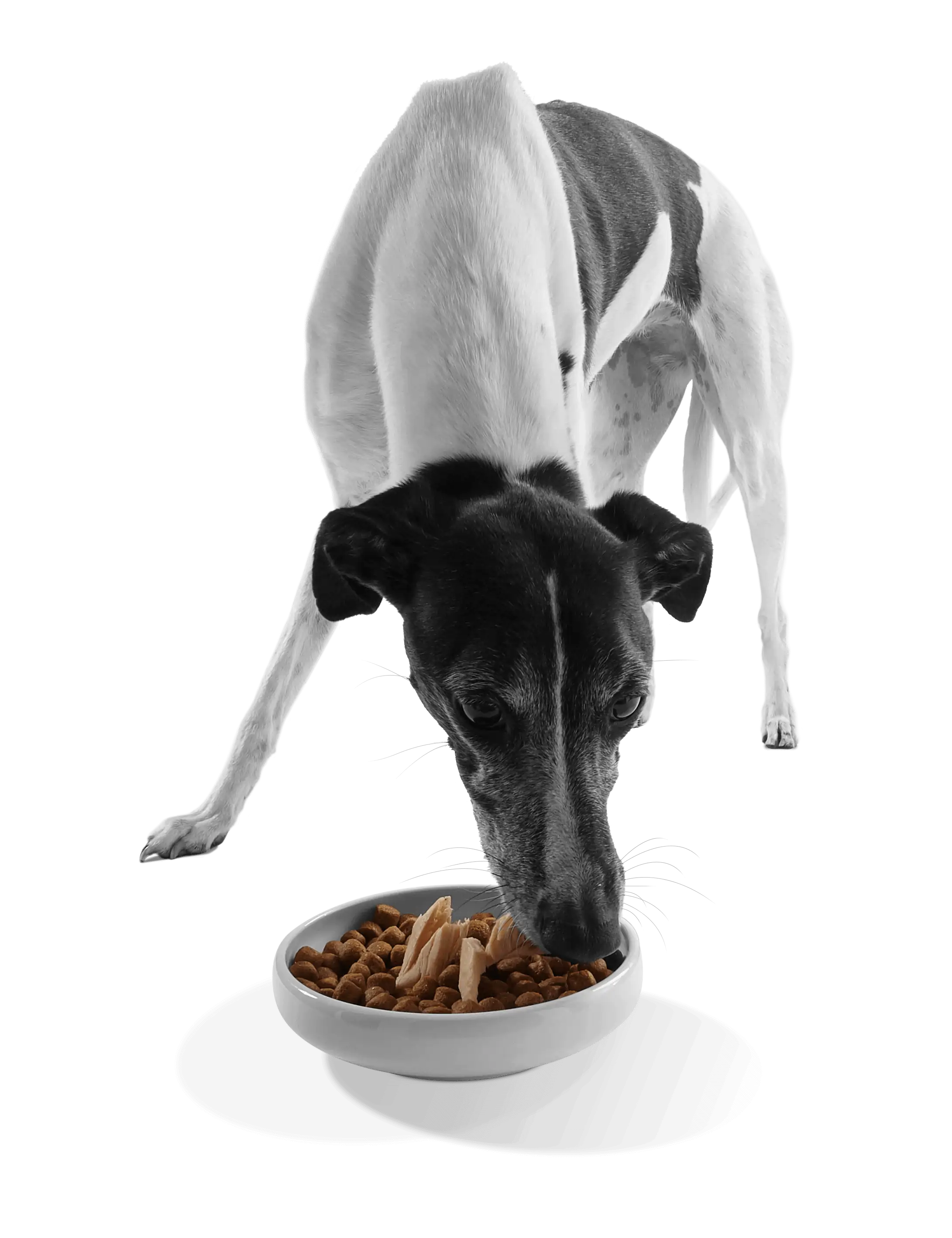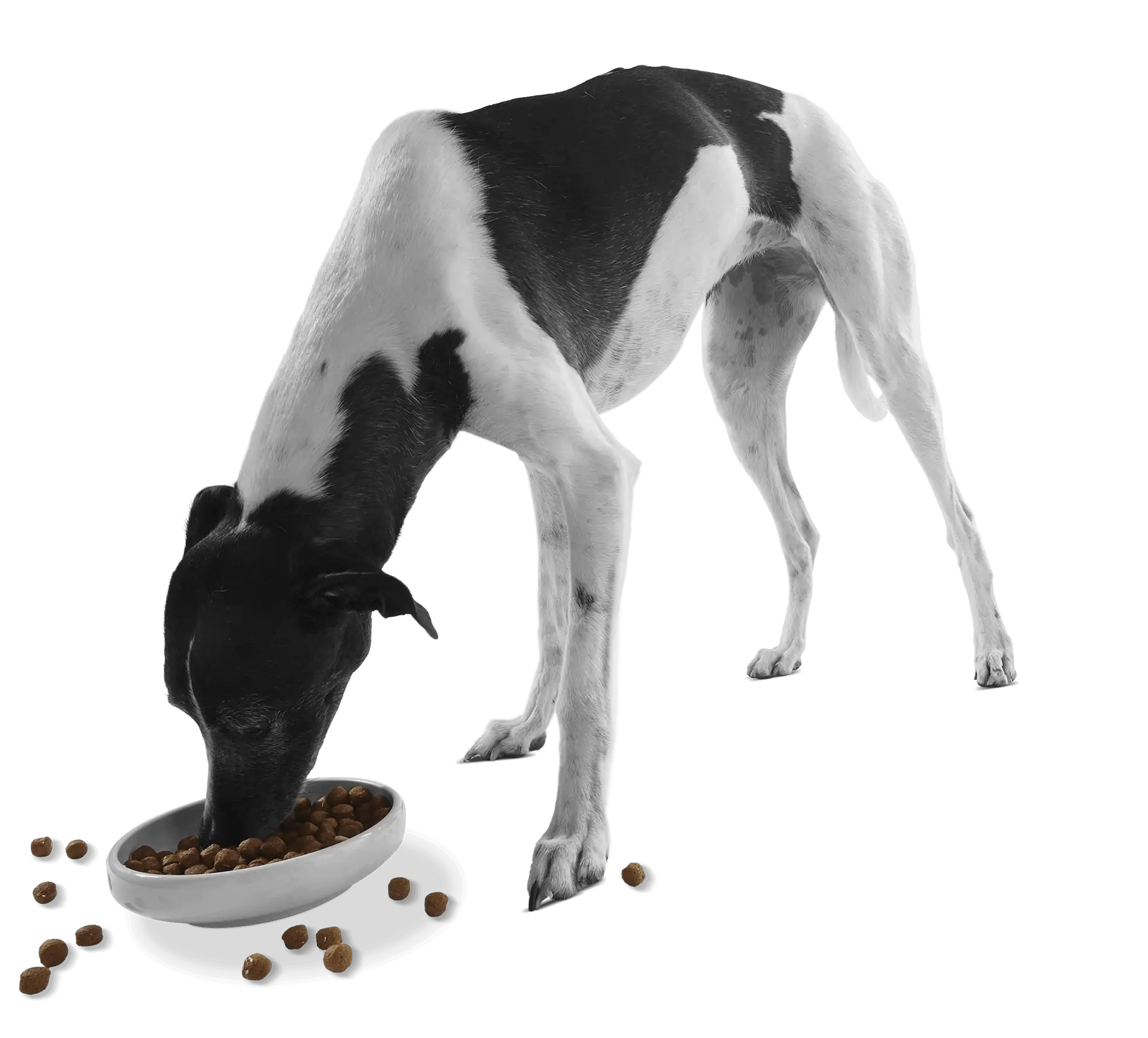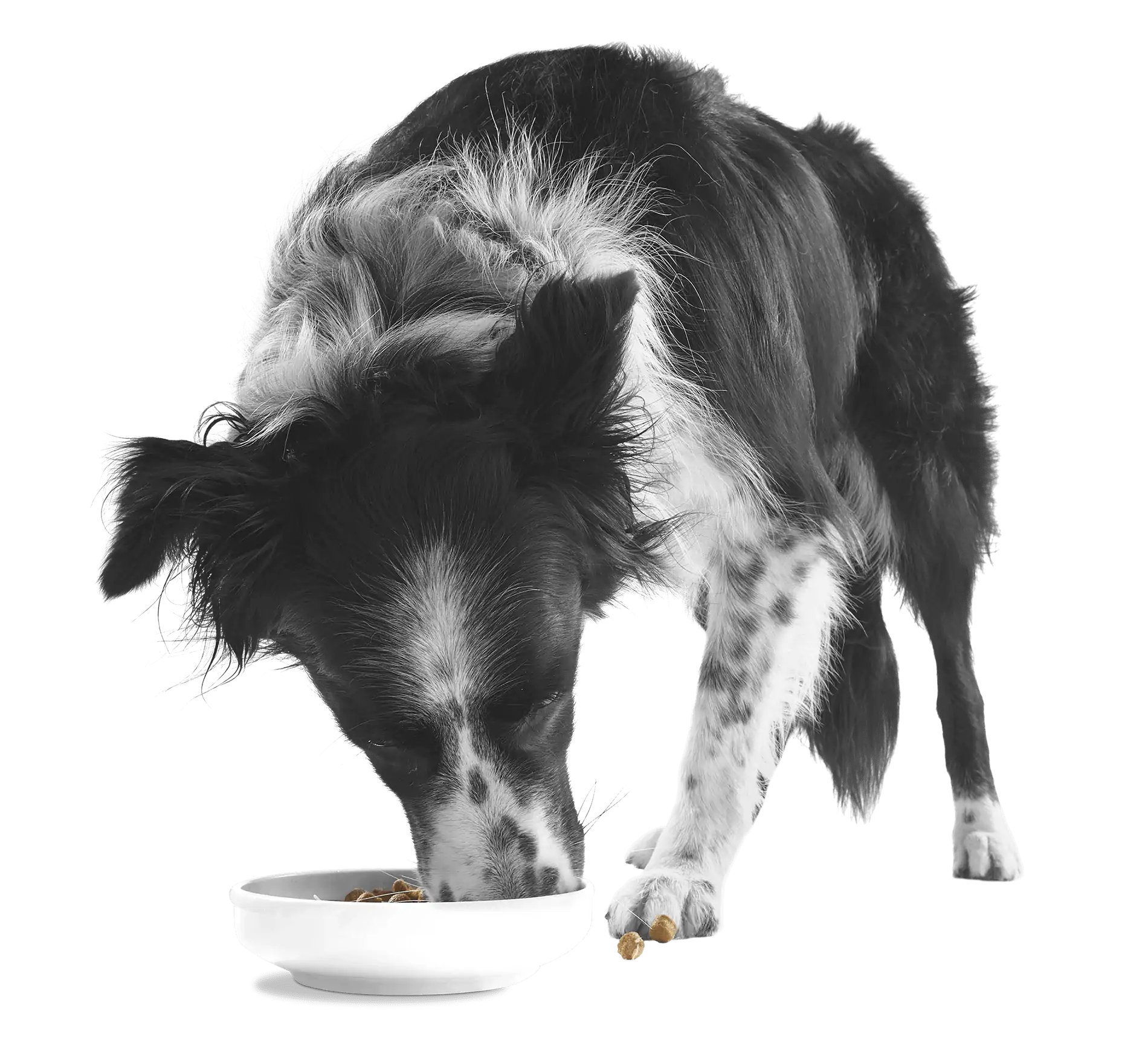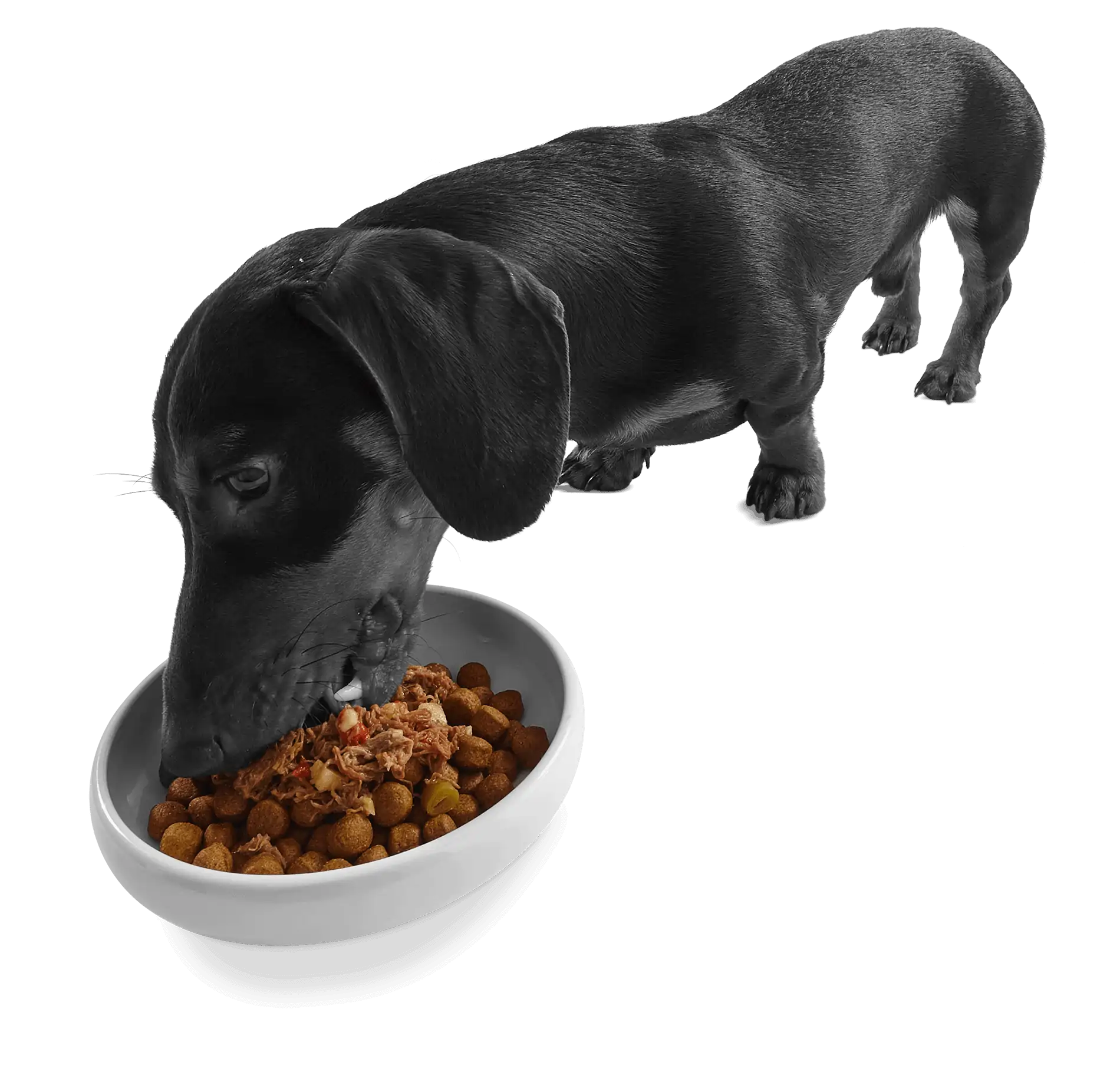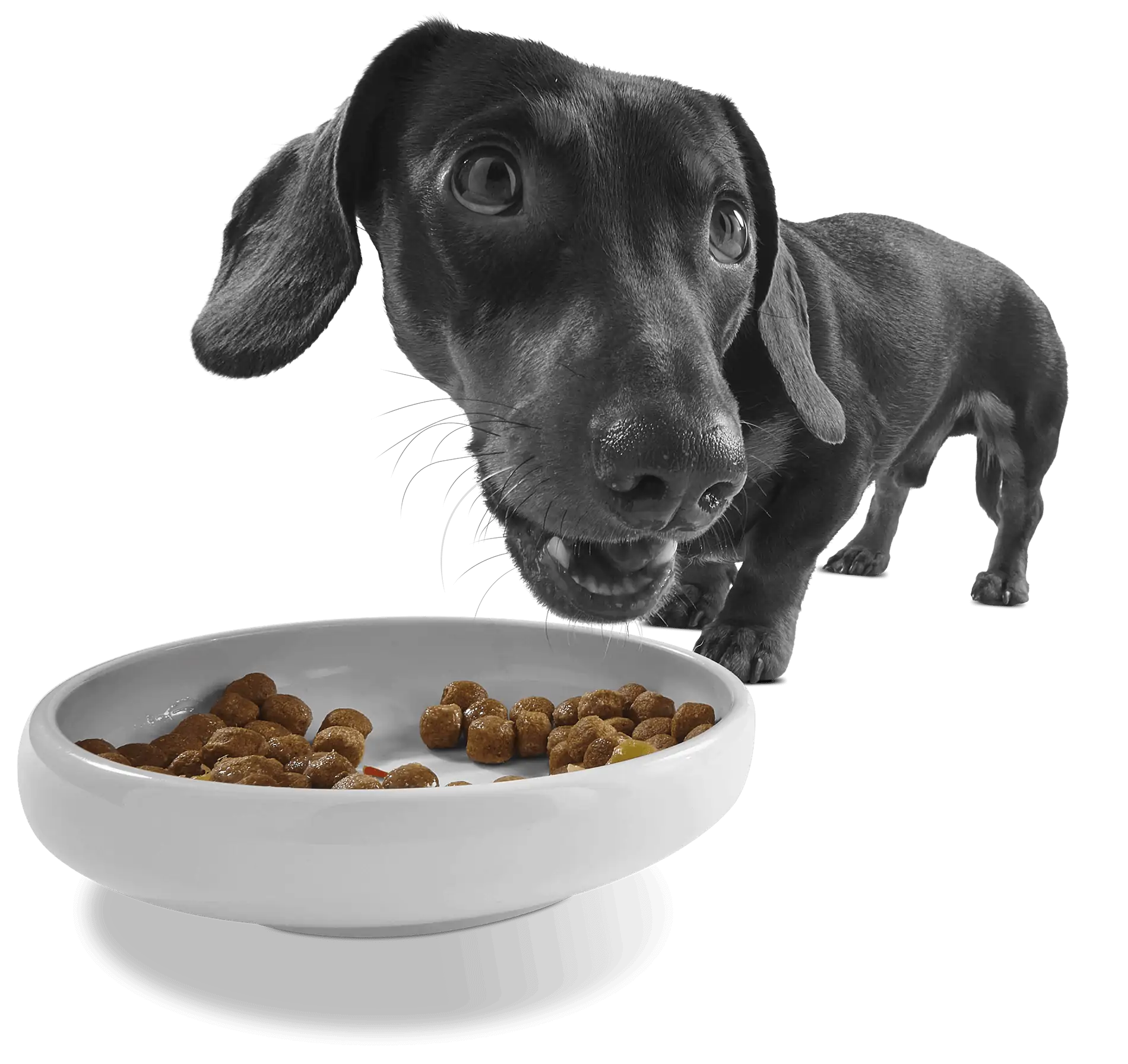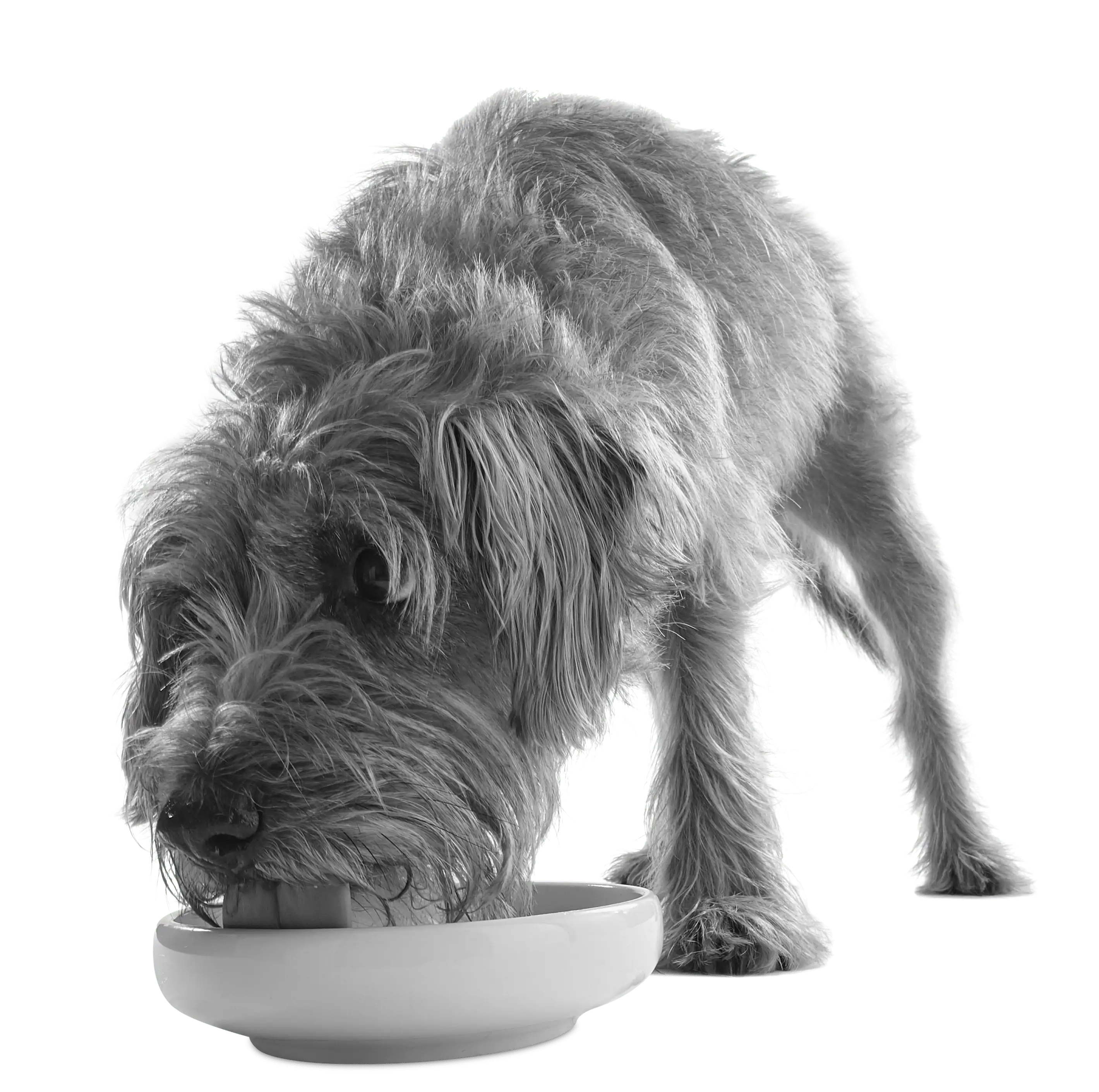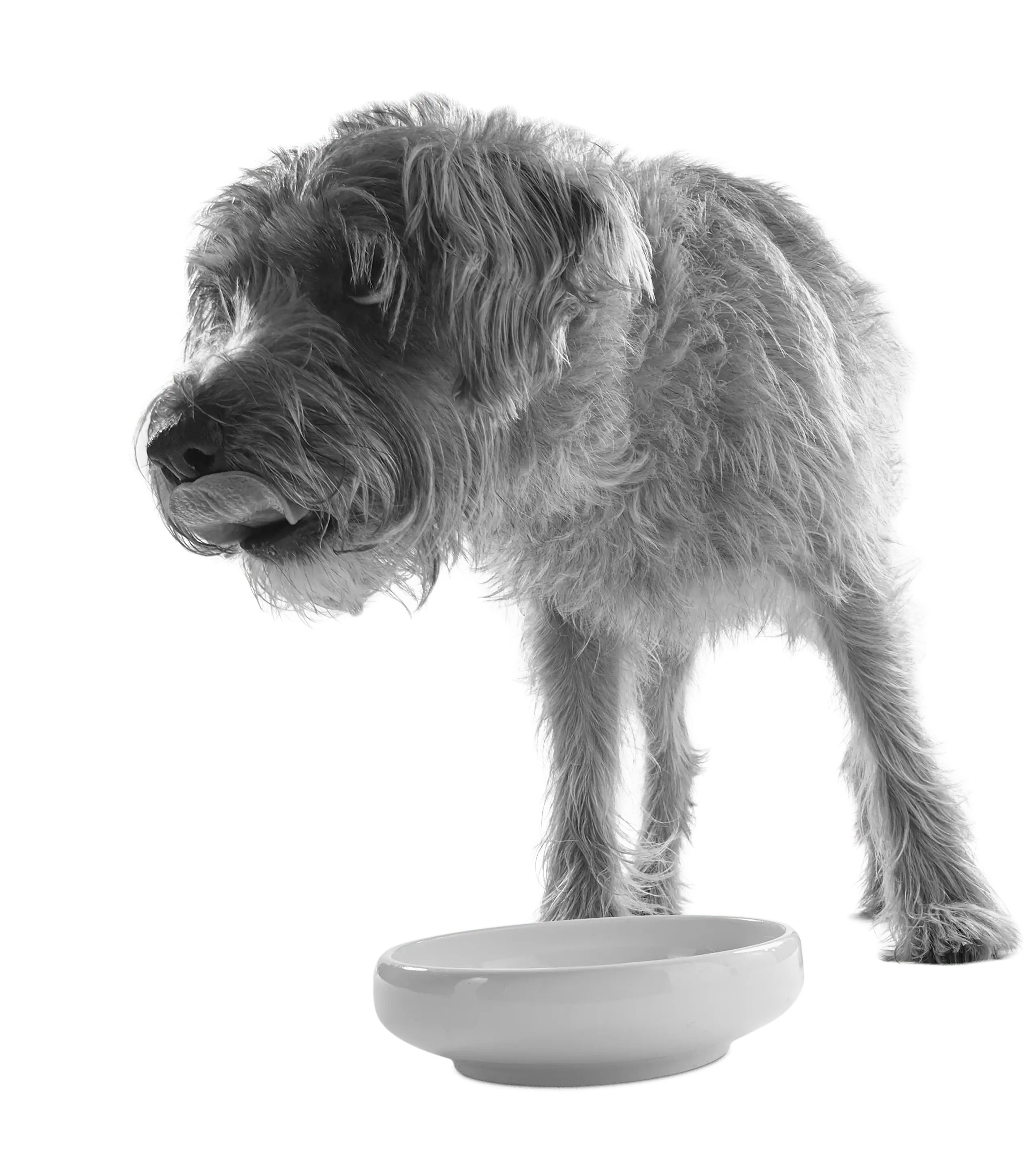Dogs love meat, but meat-only diets can be quite damaging to their health and wellbeing.
Our four-legged friends are omnivores by nature so protein-rich recipes are essential if they are to grow big and remain strong.
However, there should be more to a diet than just meaty goodness.
Dogs rely on a variety of different vitamins and minerals in order for their bodies to thrive, and a large number of these nutrients can’t be found in animal meat.
Without these nourishing ingredients our pooches can soon end up feeling poorly, which is why we need to ensure their diets cover all nutritional bases.
For a diet to be complete it should include a range of fruits and vegetables. These will bring more vitamins and minerals to the bowl, along with fibre, crucial for keeping your dog’s digestive system on track.
Why a varied diet is important
Variety is the spice of life.
It’s also vital if you’re wanting to provide a healthy, mouth-watering diet for your dog.
First of all, purely from a taste point of view, it’s hugely beneficial to serve our pups meals boasting an assortment of flavours.
How would you like to be dining from the same menu over and over again? Dogs love their food so introducing different tastes, textures and smells should be encouraged if we want their mealtimes to remain exciting.
We love flavours at Applaws, but we also love good nutrition and what it means for our dogs’ bodies.
Proteins, carbohydrates, fats, vitamins, minerals and fibre; any diet rich in these is a diet fit for a dog.
And it’s important for dogs to receive these nutrients from various food sources.
High-quality animal protein sources – found naturally in chicken, turkey, duck, beef – are best to look for as these contain all of the essential amino acids that dogs need. They’re also easier to digest. Fish is another prime protein source and one that contains a high number of healthy fats, which contribute to soft, shiny coats.
Vegetables and fruits are high in fibre and contain a host of vitamins and minerals that are good for a dog’s health,
Carrots, green beans, asparagus and broccoli are nutrient-dense offerings, as are apples, blueberries, strawberries or bananas.
Chop them up and mix them in with their food, or dish them out as healthy treats.
The type and amount of food a dog needs will depend on their breed, age, health and activity level so always check the packaging for guidance.
Switching from a raw diet
Getting a dog’s diet just right will have a massive impact on their overall health and happiness.
It can take a bit of time finding foods and flavours our furry friends are happy with, but once you do their little tails won’t stop wagging.
If you’ve been feeding your dog a raw or meat-only diet and you think it may be affecting their wellbeing, there’s no harm in switching. It’s worthwhile checking any major diet changes with your Vet who is best placed to advise on how best to go about nutritional changes.
Changing diets is a good way of making mealtimes more appetising while introducing nutrients they may not have tried before.
We highly recommended feeding your dog a bowl of complete dry food in the morning followed by another later in the evening, with a complementary wet meal.
Portion sizes do vary depending on age, breed, activity level and health so use the guidelines on each pack as a starting point.
For some extra bowl-licking nutrition why not sprinkle on our Taste Toppers?
Our mouth-watering meal toppers are made with the highest quality ingredients and are designed to liven up any mealtime with a host of delicious flavour combinations.
If your dog has been living off a meat-only diet their tastebuds will be dancing for joy once they tuck into recipes like our Lamb with Pumpkin, Sweet Potato & Peas in Jelly Tin, our Chicken Breast with Duck in Gravy Tin and our Tuna Fillet with Pumpkin, Chickpeas & Kale in Broth Pouch.
Give your dog plenty of time to adjust to any new foods or changes to their feeding schedule.
If you enjoyed this content, you’ll also love:
